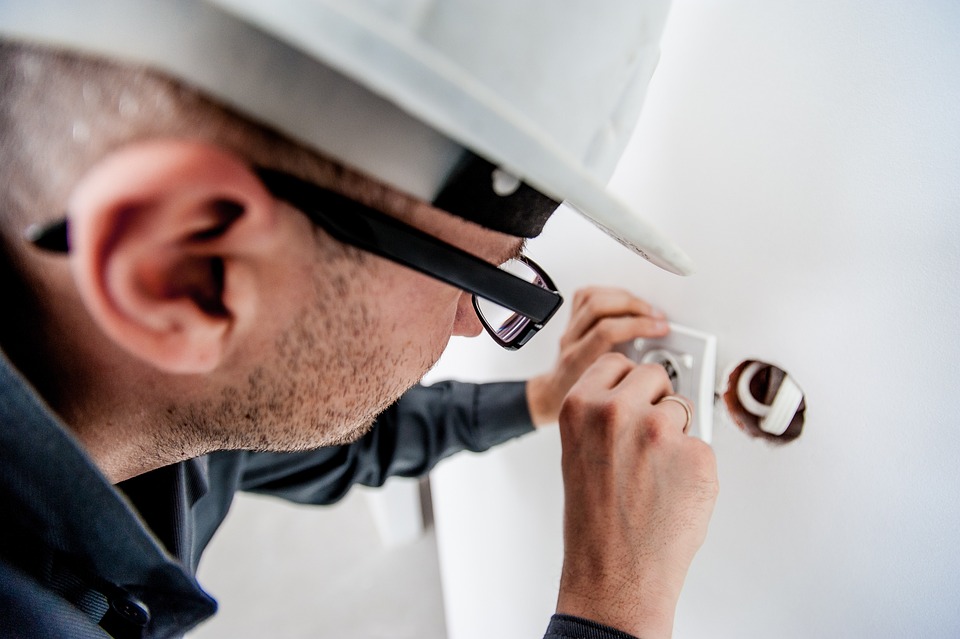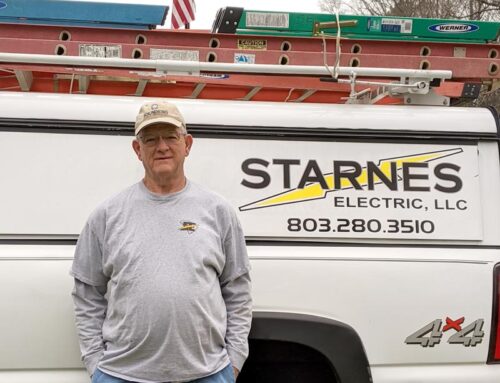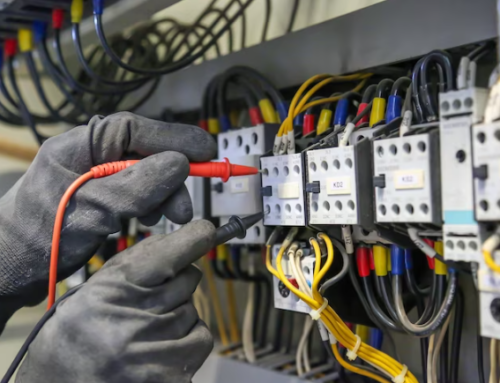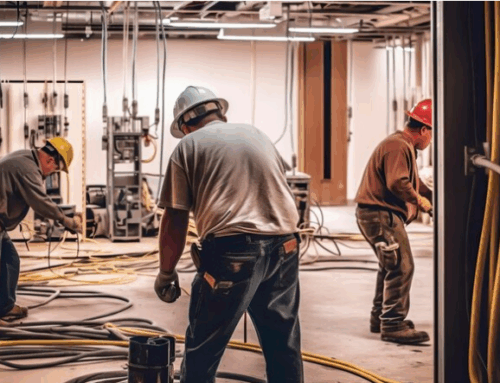If you’re planning a commercial project, you want more than a finished shell; you want a building that runs smoothly. An electrical contractor makes that happen. They map out power, lighting, data, and safety systems so every space functions the way you need. They coordinate with the architect and GC, prevent clashes in the field, and keep inspections clean. They also plan for growth—EV chargers, added servers, new tenants without expensive rework.
From code compliance to energy savings, they protect your budget and timeline. In short, they turn a good build into a reliable one you can open with confidence.
How Do Electrical Contractors Coordinate With Architects and General Contractors?
The beauty of a successful commercial project lies in collaboration. Electrical contractors don’t work in isolation—they’re part of a larger puzzle.
- Early Design Input: Architects might dream up a sleek office space with glass walls and modern lighting. But without input from electricians, that dream could clash with reality. Contractors weigh in on wiring routes, panel placement, and load requirements to keep the vision practical.
- Integration With General Contractors: General contractors are the “big picture” managers. Electrical contractors work side-by-side with them, ensuring electrical timelines align with construction phases. For example, walls can’t be sealed until wiring is inspected and approved.
- Problem Solvers on the Fly: No matter how meticulous a blueprint is, surprises happen. Electrical contractors troubleshoot unexpected issues like rerouting systems around structural obstacles or finding creative ways to deliver power to high-tech installations.
At their core, electrical contractors are translatorsl they convert architectural intent into functional systems without losing the aesthetic goals. Think of them as the bridge between imagination and execution.
What Are The Risks Associated With Improper Electrical Installations In Commercial Buildings?
Here’s where the stakes get serious. Electrical work in commercial construction isn’t just about flipping switches. Mistakes can have devastating consequences, and businesses rarely bounce back easily from them.
- Fire Hazards: Faulty wiring and overloaded circuits are among the leading causes of commercial fires. One bad splice can put lives and millions of dollars at risk.
- Operational Downtime: A poorly installed electrical system can result in constant outages. Imagine a retail store losing power during Black Friday or a hospital having lights flicker mid-surgery unacceptable.
- Equipment Damage: Sensitive electronics like servers or medical machines are particularly vulnerable to surges or unstable current.
- Legal and Financial Liability: Businesses may face lawsuits, regulatory fines, or skyrocketing insurance premiums if faulty systems cause accidents.
Improper installation is not a “small mistake”—it’s a time bomb. Having a skilled electrical contractor on board minimizes these risks by ensuring every connection is deliberate, tested, and compliant with safety protocols.
What Specialized Systems Do Commercial Electrical Contractors Typically Install?
Commercial spaces are not one-size-fits-all. Unlike residential projects, where the needs are relatively straightforward, commercial projects often require specialized systems tailored to industries. Electrical contractors bring expertise in installing these advanced setups:
- Power Distribution Systems: High-capacity panels and subpanels designed to handle industrial-level demand.
- Lighting Systems: From energy-efficient LED arrays in offices to dramatic architectural lighting in hotels and restaurants.
- HVAC Powering: Electrical hookups for massive heating and cooling systems, ensuring comfortable environments in sprawling spaces.
- Fire Alarm & Life Safety Systems: Smoke detectors, alarms, and emergency exit lighting that comply with strict regulations.
- Backup Power Solutions: Generators, UPS systems, and redundant power supply lines for mission-critical businesses like hospitals, data centers, and banks.
- Low-Voltage & Networking: Communication cabling, security cameras, Wi-Fi infrastructure, and building automation systems.
Each of these installations demands specialized knowledge. For example, fire alarm wiring can’t simply “share” space with power cables—separation is critical to prevent interference. A general contractor may not know these nuances, but an electrical contractor lives and breathes them.
How Do Electrical Contractors Ensure a Project Meets All Building Codes and Safety Standards?
Codes and standards are the unsung heroes of construction. They may not get the glory, but they’re the reason people can confidently enter a building knowing it won’t go up in sparks. Electrical contractors serve as guardians of compliance.
- Deep Knowledge of Codes: Contractors stay up-to-date with the National Electrical Code (NEC), local ordinances, and OSHA requirements. These rules evolve, and only a professional dedicated to the craft can keep up.
- Permits and Inspections: Electrical contractors pull the proper permits and coordinate with inspectors to make sure every phase passes muster.
- Testing and Documentation: From grounding systems to arc-fault protection, contractors perform rigorous testing to confirm safety. They also provide the documentation businesses need for occupancy permits.
- Worker and Public Safety: Proper installations prevent accidents during and after construction. Clear labeling, lockout/tagout procedures, and careful circuit design all play a role.
This focus on compliance doesn’t just avoid legal trouble; it ensures the building operates seamlessly and safely for decades to come.
Why Electrical Contractors are the Unsung Heroes of Commercial Construction
When you step into a gleaming new office tower, a buzzing retail store, or a fully equipped hospital, chances are you don’t stop to wonder about the electrical work behind the walls. But without the expertise of electrical contractors, none of it would function. They’re the quiet backbone of commercial projects:
- They keep timelines on track.
- They protect businesses from financial and safety disasters.
- They bring specialized systems to life.
- They safeguard the integrity of a project for years to come.
Commercial construction is a team sport. Architects design, general contractors orchestrate, but it’s electrical contractors who ensure the entire building hums with energy literally and figuratively.
When electrical contractors are part of a commercial project, they do more than “run wires.” They create environments where businesses can thrive. Their role touches safety, efficiency, aesthetics, and even customer experience. And while their work often hides behind walls and ceilings, its impact is everywhere.
If you’re a business owner or developer eyeing your next commercial project, don’t see electrical contractors as just another box to check. See them as partners in building something enduring, efficient, and safe.
Power Up Your Next Project with Starnes Electric LLC
At Starnes Electric LLC, we don’t just wire buildings; we energize businesses. Our team specializes in commercial electrical work that blends technical precision with real-world practicality. Whether you’re designing a cutting-edge office, a bustling retail space, or a healthcare facility where safety is non-negotiable, we’ve got the expertise to make it shine.
Contact Starnes Electric LLC today, and let’s bring your commercial project to life with power, precision, and peace of mind.






